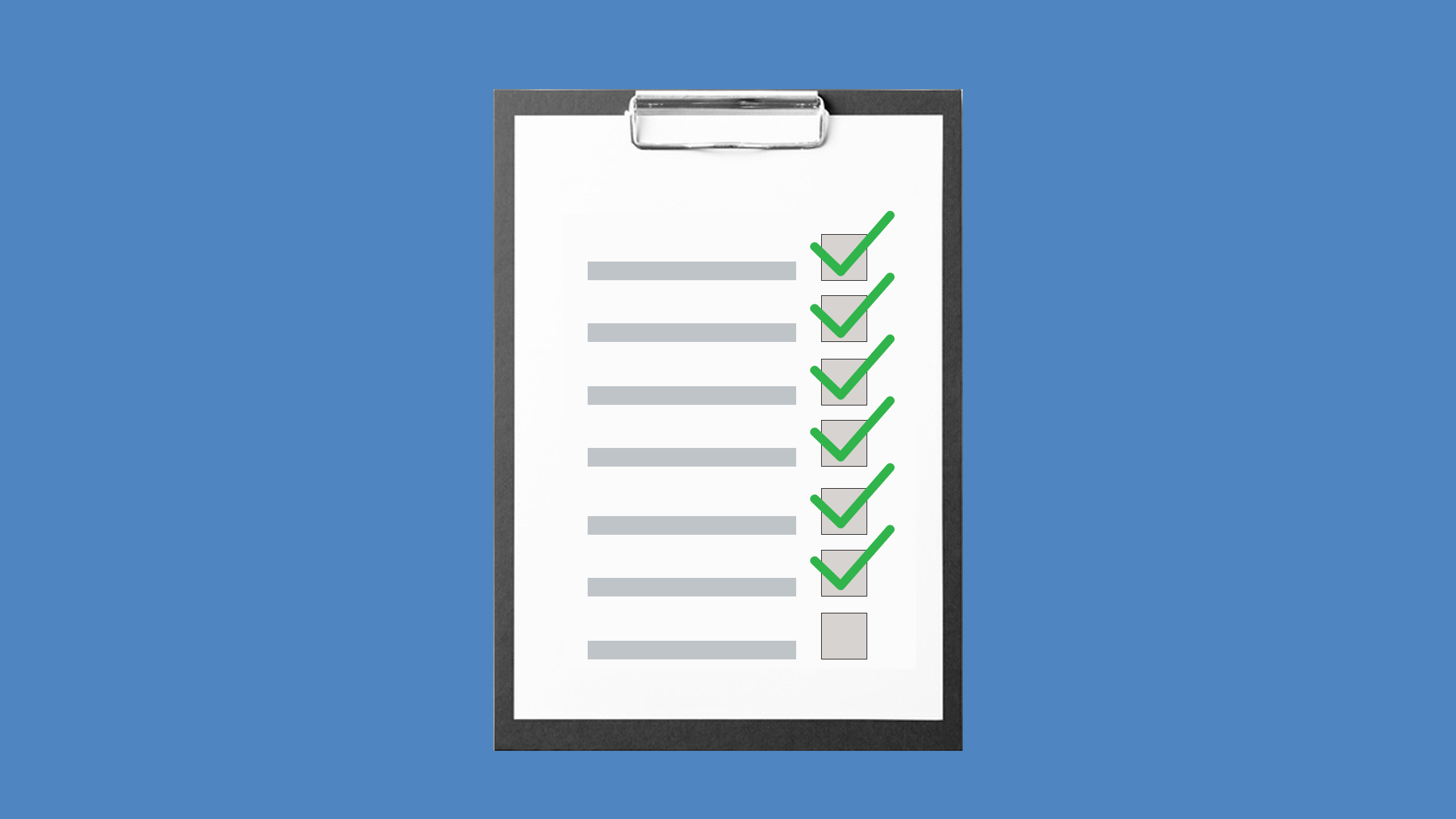Why Does Everyone Think They’re Doing All the Work?

Most people believe they do more work than their peers. Melissa Dahl from NYMag writes, “[It’s] a quirk of human egocentrism psychologists call overclaiming.”
Social scientists have observed this phenomenon in parents, students, sports teams, and office workers, and when researchers asked these various groups of people how much work they put into a collaborative project, the percentage always fell above 100 percent.
Professor Nicholas Epley of the University of Chicago’s Booth School of Business, said in an interview with Dahl:
“Obviously, in any group — despite what college football coaches tell us — you can’t do 110 percent.”
In a paper he published in 2006, he questioned a group of authors of psychology journal articles. Epley and his group of researchers asked what percentage of work each believed they did to help contribute toward the final product. After tallying up the numbers, the total added up to 140 percent. They conducted the same study on a group of M.B.A. students. Their averaged contributions added up to a similar, logic-defying 130 percent.
As to why people tend to overclaim, Epley thinks he has some answers.
In a recent experiment, researchers broke up a group of participants into smaller groups of three. They would instruct two participants to solve a word puzzle while the third sat back and watched. In another scenario, they would instruct the third to supervise and “try to level the synergies of the group.”
Epley said that the supervisors “tried to do that — they tried to ‘leverage the synergies.’” But he continued on to say, we all know that supervising is “bullshit work — it’s not like you’re solving the word problems.”
Even though supervisors, in Epley’s opinion, are no better than the guy sitting back and observing, they still claimed to have done more work compared to the participants instructed to just observe. The scores of the two groups were about the same as well, showing that the supervisory role added little to the productivity of the one scenario.
Epley said:
“Unlike lots of afflictions that you can’t do anything about, you can overcome this with just a little bit of attention paid to everyone else.”
It sounds as if an exercise in mindfulness or an egocentric detox might do people some good in unclouding their judgments as to who’s doing what in a project. Just for a moment, take the focus off yourself and consider the people around you.
Arianna Huffington, who has had much success over the years without mindfulness, says that mindfulness “enhances … our clarity of thought.” She believes without it, our actions and decisions become impaired.
Read more about the study of overclaiming at NYMag.
Photo Credit: Shutterstock





